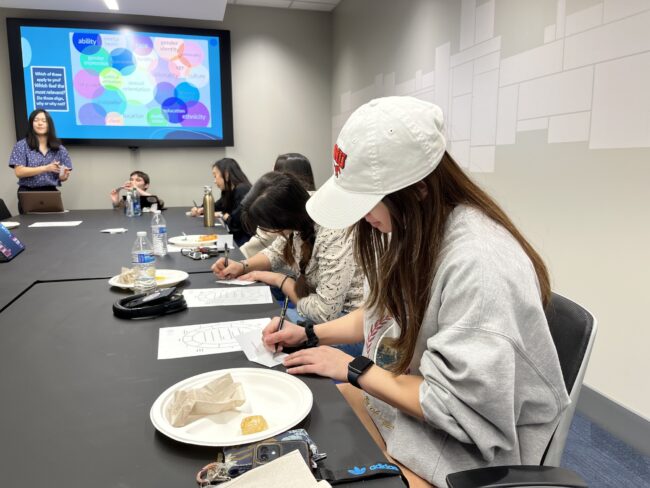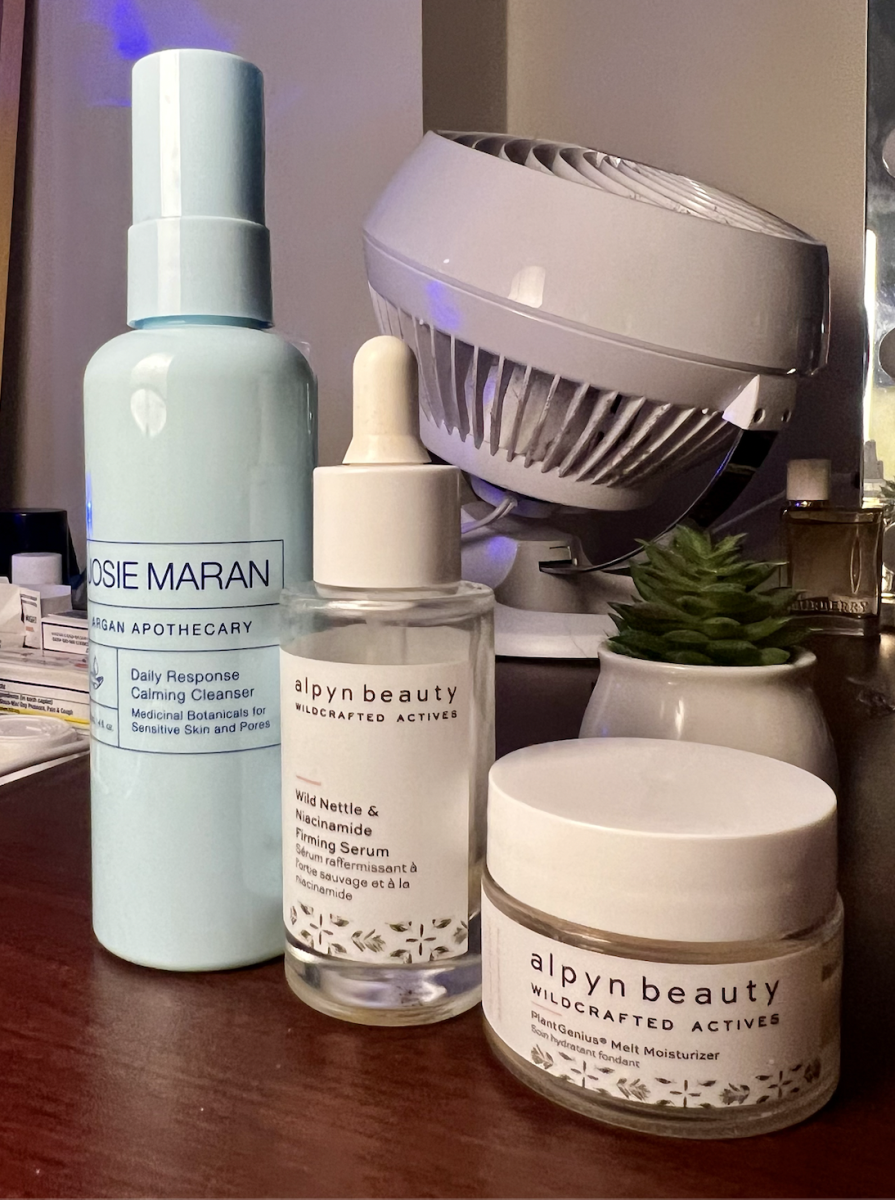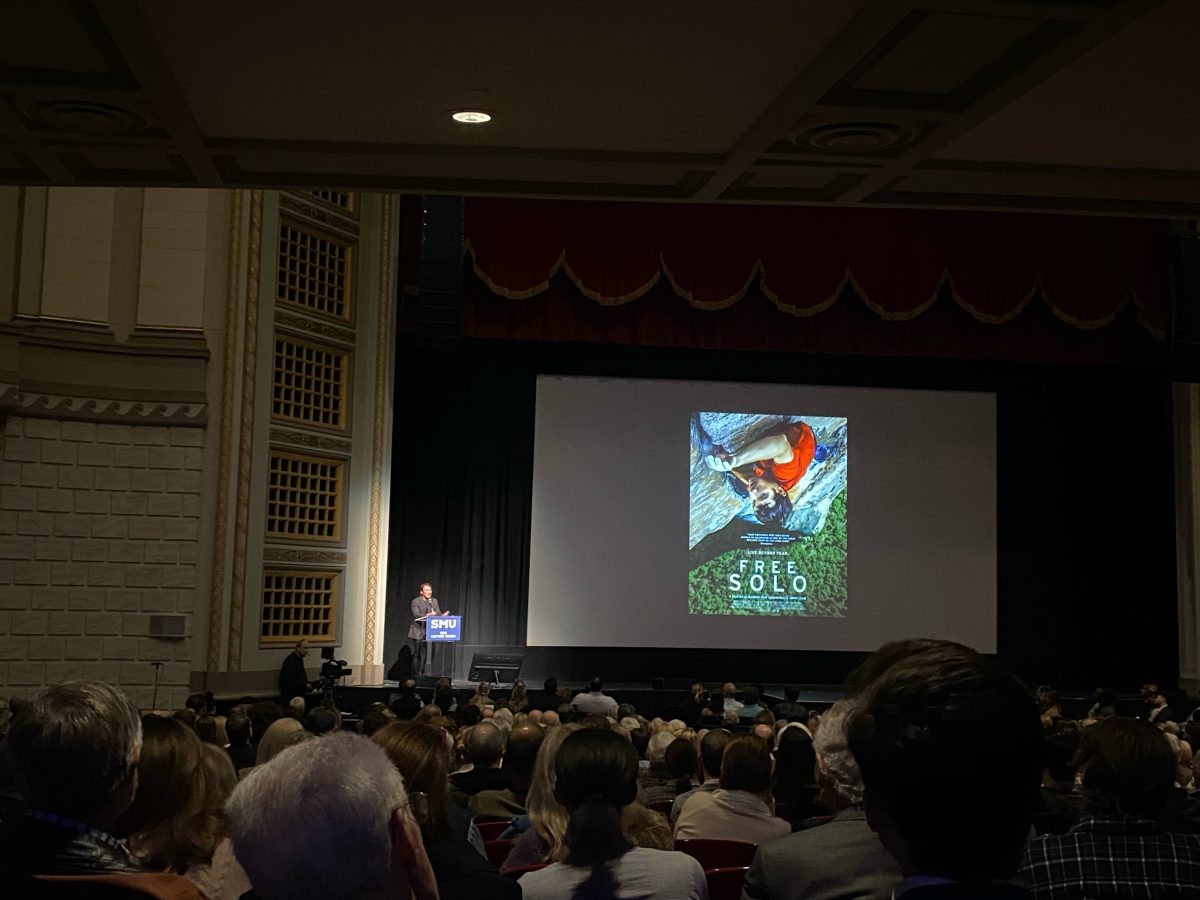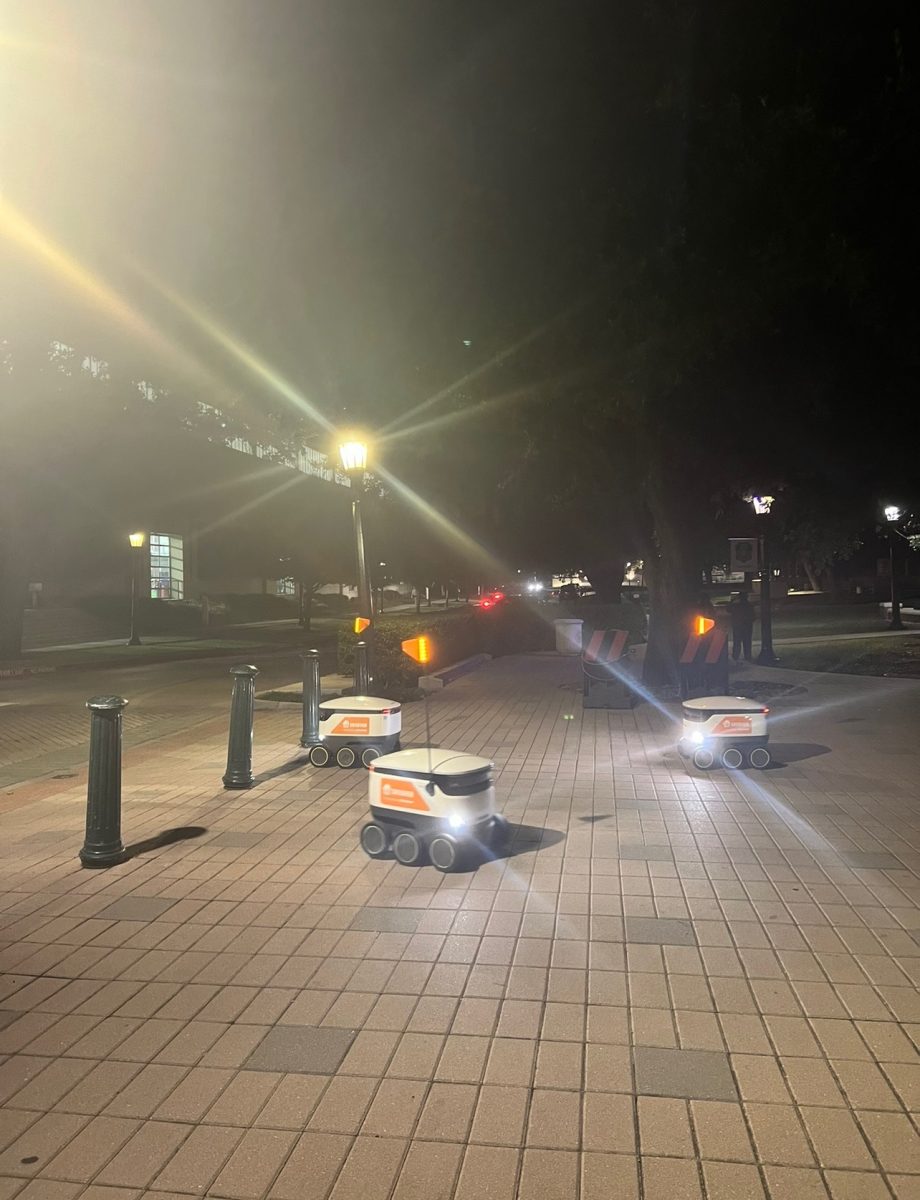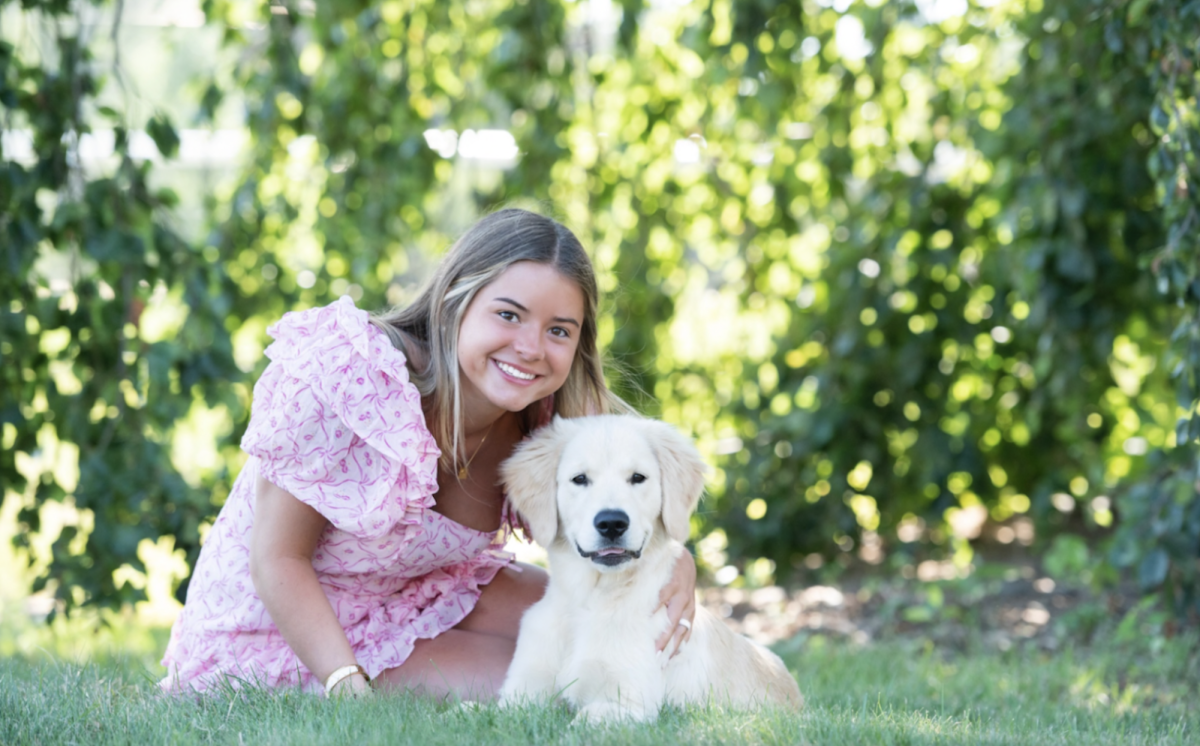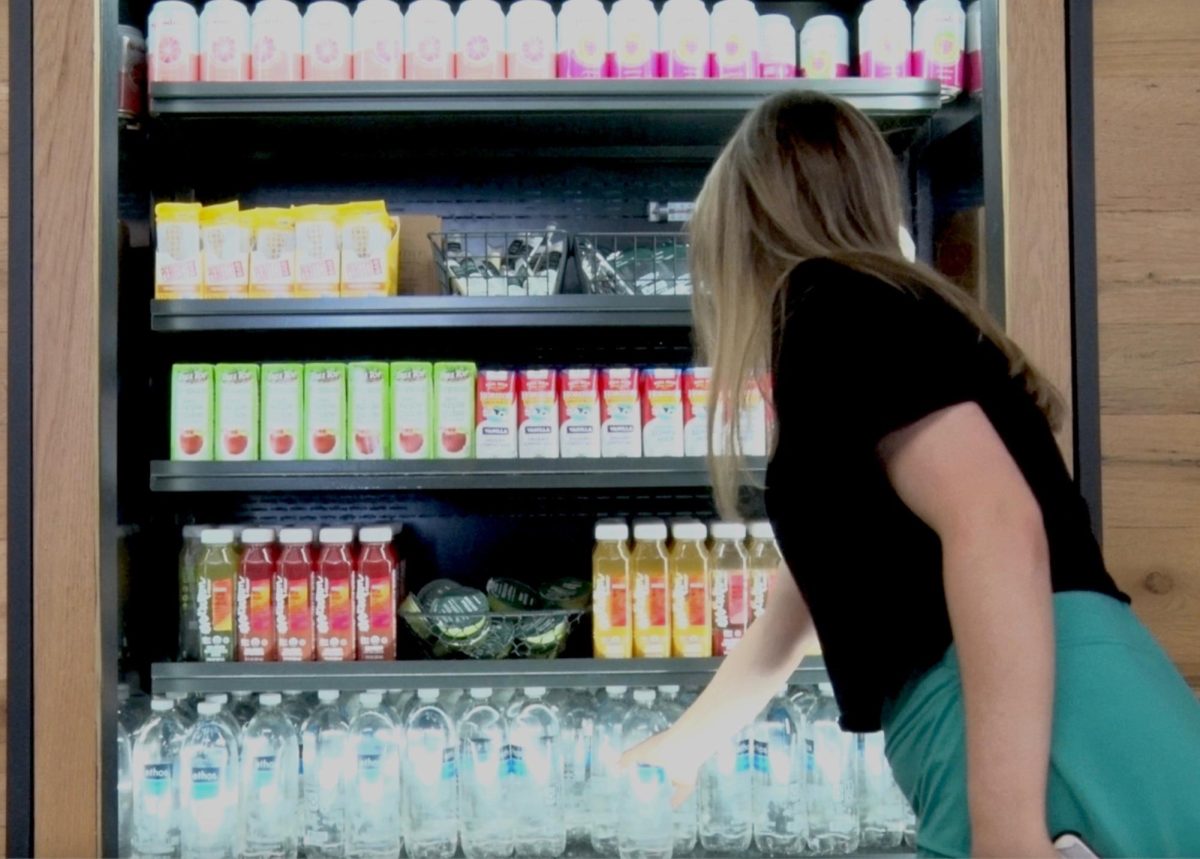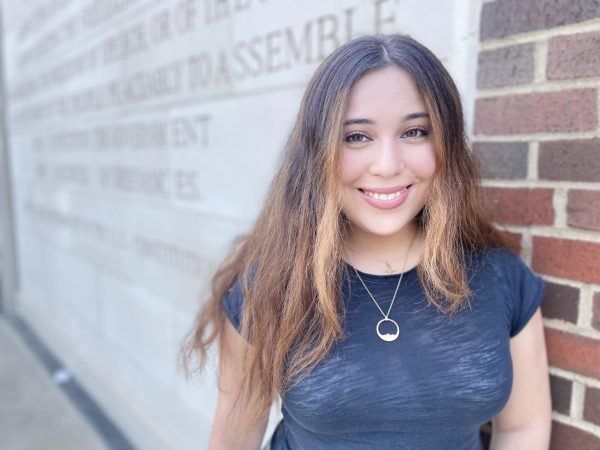A group of students sit around a table in Hughes Trigg on Feb. 23 and are asked to close their eyes for two minutes.
They are guided through a story about boarding a plane, seeing a couple, and attending a college class by Eli Bell, the speaker. She then asks the group to open their eyes.
“Was the pilot Black?” Eli Bell said. “Was the married couple two men? Was the college professor a Muslim woman?”
The students discuss in groups what they pictured throughout the visualization exercise, their internalized bias, and stereotypes.
Get Psyched, a series of psychoeducational workshops, was created by two clinical psychology graduate students, Eli Bell and Caroline Lee, with support from the Women and LGBT Center. The introductory session covered intersectionality and mental health, with a focus on challenging internalized stigma. Bell and Lee intend to help people understand mental health through informing, discussions, activities, and food.
“Public stigma feeds into self-stigma,” Bell said. “We internalize stigma when it comes up in our day to day lives and intersectionality. Our multiple identities don’t exist independently of one another.”
Matthew Esparza, Interim Coordinator for the Women and LGBT Center, decided to support hosting Get Psyched to provide valuable education that isn’t typically within a student’s academic curriculum. He believed this would be a great opportunity to provide students with the foundational knowledge to grow, language to express their experiences and the ability to be strong advocates for themselves.
“These are aspects of identity development that students will often explore and be confronted with as they progress through their time here at SMU,” Esparza stated in an email.
Bell and Lee created this workshop to make an impact on the community with the research they’ve found and to practice psychoeducation before they graduate. Lee grew up in a religious family in Seoul and struggled with accepting her self-identity. The two hope to help others empower and challenge stigmas.
“We’re super excited,” Bell said. “We’re well prepared. We want to make people think about these things in a way that they perhaps have not, to give them data and information that they can use to back opinions that they already had, to explain why they feel certain ways and validate their perspectives. We want to have a ripple effect and for people to talk about it with other people.”
Each group is asked to share what they discussed with the rest of the room to finish the visualization exercise. We shouldn’t assume other people’s identities, Bell said.
“Challenge expectations about the people we interact with,” said Bell. “Reimagine things so we can see the world we want to live in rather than the world we do live in.”
The next workshop will be on March 7.







